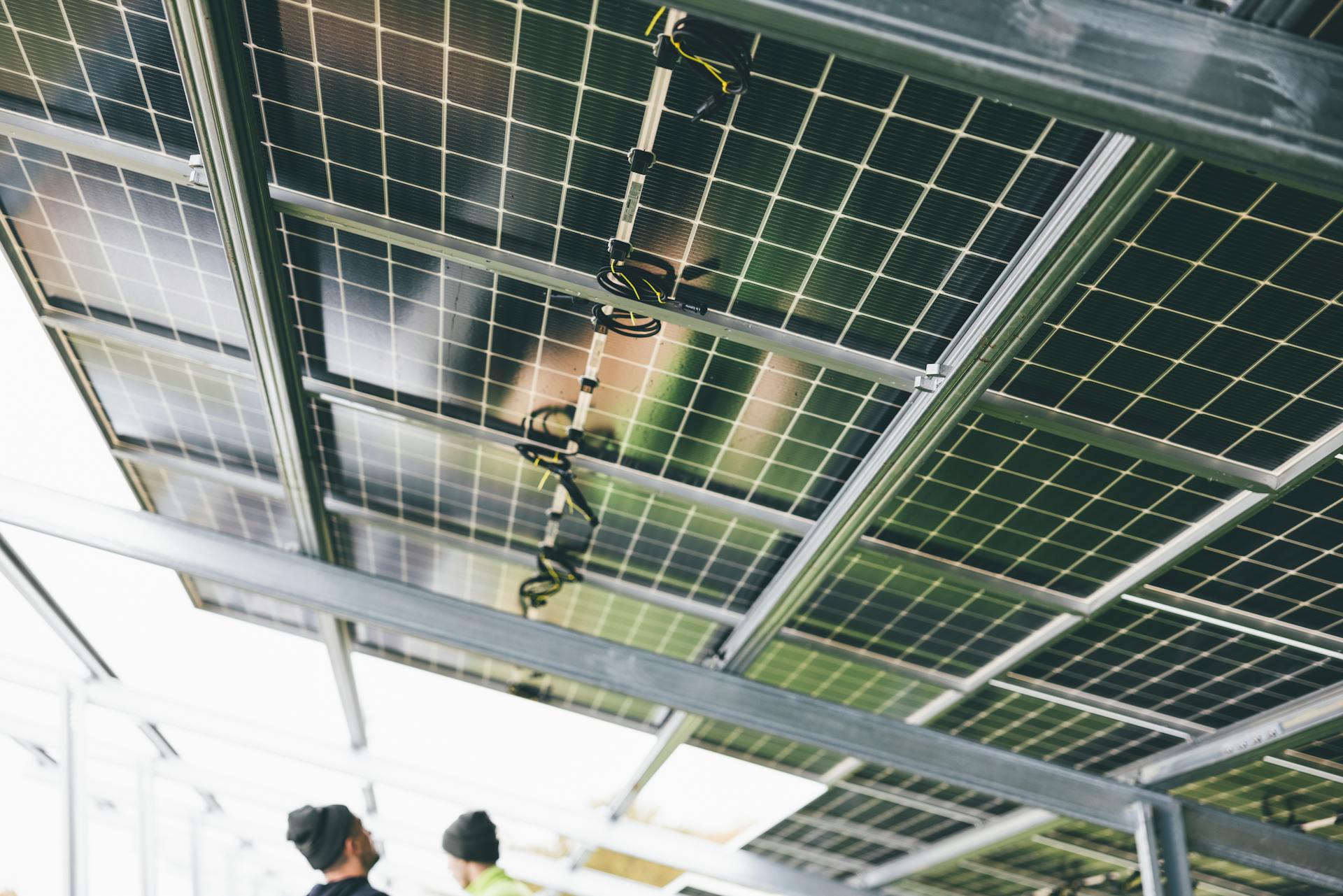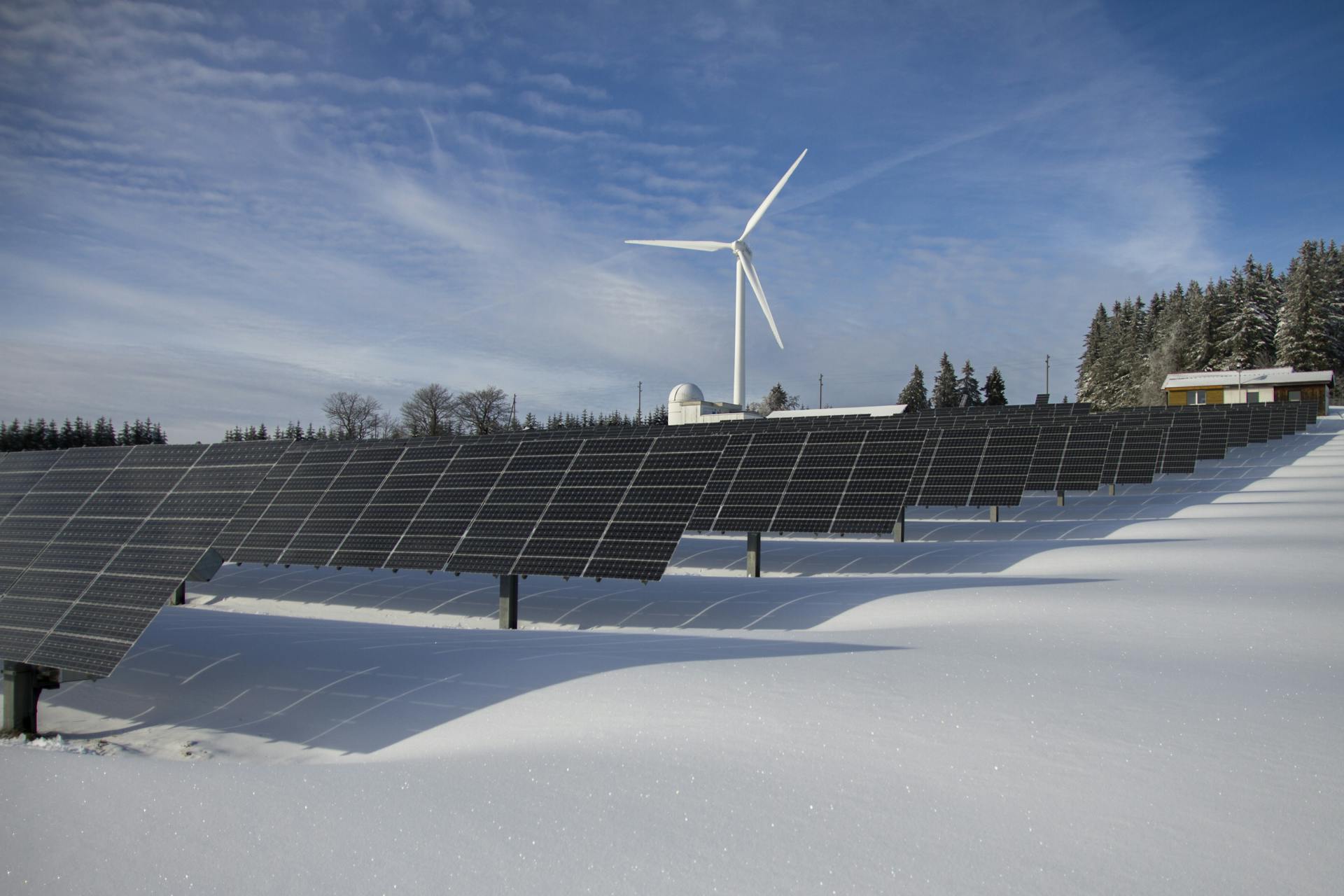
What is sustainable technology? It's a term that has been gaining popularity in recent years as people have become more aware of the impact their daily lives have on the environment. Sustainable technology refers to any technology that is designed to minimize its negative impact on the planet and promote a more sustainable future.
Research shows that electronics, such as smartphones, TVs, appliances, and computers, are some of the worst culprits when it comes to environmental damage. The average American replaces their tech products every twelve months, and the fact that smartphones have a shorter lifespan than most other tech products only adds to this problem. This is where sustainable technology comes in - by creating products that are designed with sustainability in mind, we can reduce our impact on the environment while still enjoying all the benefits of modern technology.
Do you know what sustainable technology is?

Sustainable technology is an umbrella term that refers to technology designed with sustainability principles in mind. It aims to address existing environmental issues and minimize negative impacts on the environment. Sustainable tech includes eco-friendly technology, green technology, and any other tech that promotes sustainable development.
Sustainable technology examples include electric vehicles, which reduce emissions and dependence on fossil fuels. Lithium nickel batteries are another example of sustainable tech because they are rechargeable and have a longer lifespan than traditional batteries. However, it is important to note that even sustainable technology products rely on finite resources, so it's crucial to recycle e-waste properly.
Lastly, sustainable tech can also refer to small changes we make in our daily lives, such as repairing broken cell phones instead of buying new ones or using energy-efficient light bulbs. By understanding sustainable technology definitions and making conscious choices about the products we use, we can all contribute to a more sustainable future. Check out related articles to learn more about how you can incorporate sustainable tech into your life!
How to implement carbon awareness across your business, carbon budgets
Implementing carbon awareness across your business is crucial to reducing your company's carbon footprint and contributing to a more sustainable future. One effective way to achieve this is by creating cascade carbon budgets - setting targets for each department or team within the organization, which in turn helps to prioritize sustainability efforts and create accountability at every level of the business. This approach not only helps reduce emissions but also promotes a culture of sustainability, where all employees are actively engaged in working towards a common goal.
A fresh viewpoint: Environmental Sustainability
The Path Ahead for Green Technology: Where Is It Heading?

Sustainable technology is the way of the future. This type of technology involves creating long-lasting tech products that are environmentally friendly and sustainable. Sustainable technology products extending beyond just the individual gadgets themselves, but also include their entire lifecycle from raw material extraction to disposal.
Important steps have been taken towards sustainability, such as extended producer responsibility (EPR) laws and product take-back legislation. These laws hold producer importers, brand owners, and company managing tech products accountable for how they handle waste. The United States has made progress in e-waste take-back recycling laws for certain products like desktops, laptops, and televisions. Cradle-to-grave product management is becoming more common as companies aim to create sustainable tech products that last in the long haul.
The future of green technology looks bright as more companies focus on eco-friendly practices throughout a product's life - from raw material extraction to materials processing to manufacture, distribution, maintenance and disposal. As we continue to make strides toward sustainability, it's important to be mindful of take-back laws and EPR policies that help ensure responsible end-of-life management for all types of tech products. By implementing these changes now, we can build a better tomorrow for ourselves and future generations.
Here's an interesting read: Nylon Eco Friendly Sustainable Fabric
COP15, Digital Sequence Information and Technology

COP15, or the 15th Conference of Parties to the United Nations Framework Convention on Climate Change, is set to address various issues related to sustainable technology. One of these issues is the use and sharing of digital sequence information (DSI) in genetic resources. This is a critical topic as DSI plays a crucial role in advancing research and development in biotechnology and medicine. However, there are concerns about access and benefit-sharing when it comes to DSI, particularly for developing countries. The discussions at COP15 will aim to find a balance between promoting innovation through the use of DSI while ensuring equitable sharing of benefits among all stakeholders involved.
How can we use technology in a more sustainable way?
Sustainable technology is the way forward in our modern world. With deep-rooted issues such as climate change, environmental degradation and resource depletion, it is imperative that we utilize technology in a more sustainable way. This can be achieved through various means such as reducing energy consumption, recycling of materials and using renewable energy sources.
The tech industry has a crucial role to play in promoting sustainability. Companies can develop products that are designed for longevity and repairability, thereby reducing the need for frequent replacements. Additionally, they can employ eco-friendly practices such as carbon-neutral manufacturing processes and responsible waste management. By adopting sustainable technology practices, we can protect our planet for future generations while still enjoying the benefits of technological advancements.
Suggestion: Conserve Energy
1. Do Your Research When You Buy
When it comes to purchasing sustainable technology, doing your research is key. Brands hold a lot of power in the production-consumption cycle, and it's important to know what values they uphold. For example, Huawei holds a questionable record on sourcing conflict minerals, while Apple has made strides in toxic chemical management. By researching these aspects of a brand's practices, consumers can make informed decisions about which products to support.
Overall, sustainable technology is generally good for both the environment and society. However, it's important to dig deeper into the specifics of each product and brand to ensure they are upholding workers' rights and minimizing harm to the planet. By taking the time to do your research before making a purchase, you can feel confident that you are supporting companies who align with your values and making a positive impact with your consumer choices.
2. Buy Second Hand or Resell Your Old Electronics
Should you buy a second-hand device or resell your old electronics? The answer is simple: both! Sustainable technology is all about extending the life of our electronic devices and reducing waste. By buying second-hand devices from places like Facebook Marketplace, Amazon OfferUp, or thrift shops, we can give these gadgets a new life and prevent them from ending up in landfills.
On the other hand, reselling your old electronics can also make a difference. Instead of throwing away broken electronics, we can sell them to someone who knows how to fix them or to companies that specialize in refurbishing gadgets. This not only reduces waste but also helps us make some extra cash. So let's be smart and use our beagle brain to keep our technology eco-friendly by shopping at sustainable tech hubs and selling our old devices instead of tossing them out.
Is it Possible for Insurance to Impact Climate?

Can insurance impact climate? The answer is yes. In fact, the insurance industry has a crucial role to play in addressing global challenges such as climate change. By providing incentives for sustainable practices and investments in inspiring technologies, insurers can help mitigate and adapt to the risks posed by climate change. Insurance can also drive policy changes that support sustainability efforts, creating a more resilient future for all.
Frequently Asked Questions
What is sustainability technology?
Sustainability technology refers to the use of innovative and eco-friendly practices, products, and processes that aim to reduce negative environmental impacts while promoting economic growth. It includes renewable energy sources, green building materials, recycling systems, and efficient transportation methods.
What is disruptive and sustaining technology?
Disruptive technology refers to a new innovation that disrupts an existing market, while sustaining technology improves upon an existing product or service. Both types of technology can have significant impacts on industries and businesses.
What are two examples of sustainable resources?
Two examples of sustainable resources are solar and wind energy, which can be harnessed without depleting natural resources or causing harm to the environment.
What is sustainable technology and why is it important?
Sustainable technology refers to the use of renewable resources and eco-friendly practices in designing and manufacturing products. It is important because it helps reduce the carbon footprint, conserves natural resources, and promotes environmental sustainability for future generations.
What are some examples of sustainable innovation?
Examples of sustainable innovation include the development of renewable energy sources, such as wind and solar power, and the creation of eco-friendly products and packaging materials. These innovations aim to reduce environmental impact and promote sustainability for future generations.
Featured Images: pexels.com


